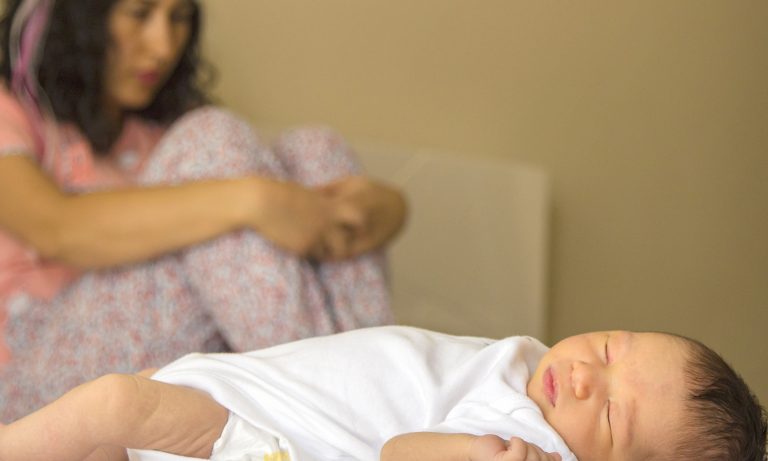News
The Link Between Sleep and Postpartum Depression
So, you just had a baby! While this is an exciting time in your life, your body just underwent some massive changes, and your life has been turned upside down as you have a small child to care for. Dealing with changes in hormone levels and accumulated fatigue from pregnancy in addition to caring for a newborn means it is easy to neglect sleep.
Many new mothers experience postpartum depression (PPD), which should never be ignored. Numerous studies completed over the years have determined that sleep deprivation amongst new mothers is one of the biggest risk factors for postpartum depression.
Is it sleep deprivation or a bigger problem?
PPD is generally more common if this is your first child, if your baby was born premature or if you have a history of depression. A few symptoms of sleep deprivation, in general, include irritability, feeling overwhelmed, difficulty concentrating, feeling tired, and having trouble falling asleep. Typically, it becomes a little easier to sleep at night as you settle into a routine and your baby gets older and sleeps through the night more often, but this is not always the case.
It is important for you, and those around you, to keep an eye out for postpartum depression symptoms. These can include mood swings, sadness, frequent bouts of crying, anxiety, loss of appetite, difficulty functioning, feelings of guilt, and thoughts of harming yourself or your baby. If you get a good night’s sleep and you still feel tired, or just off in general, then you may have a more serious problem and should talk to your doctor to get help.
How can new moms sleep better?
While it is expected that your normal sleep routine may be off for a while, make sure you are eating well throughout the daytime, and you try to get in some physical activity (as much as your doctor allows you to do following delivery). Take naps in the day where time permits, and you have someone to watch your baby.
Don’t be afraid to turn to your support system for help, whether it be your partner, friends, family members, or a support group for moms. This can be beneficial if you need help with yourself, your baby or if you just need someone to talk to if you are feeling overwhelmed and anxious.
Most importantly, speak to your doctor if something doesn’t feel right. Don’t forget that taking care of yourself is just as important as taking care of your baby.
Contact us for more information.



